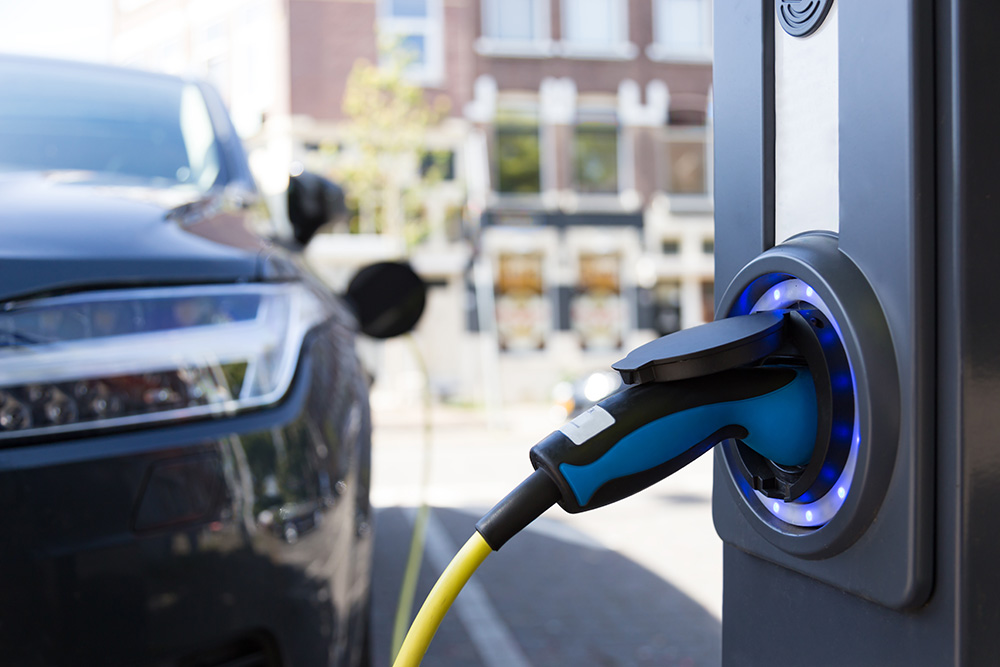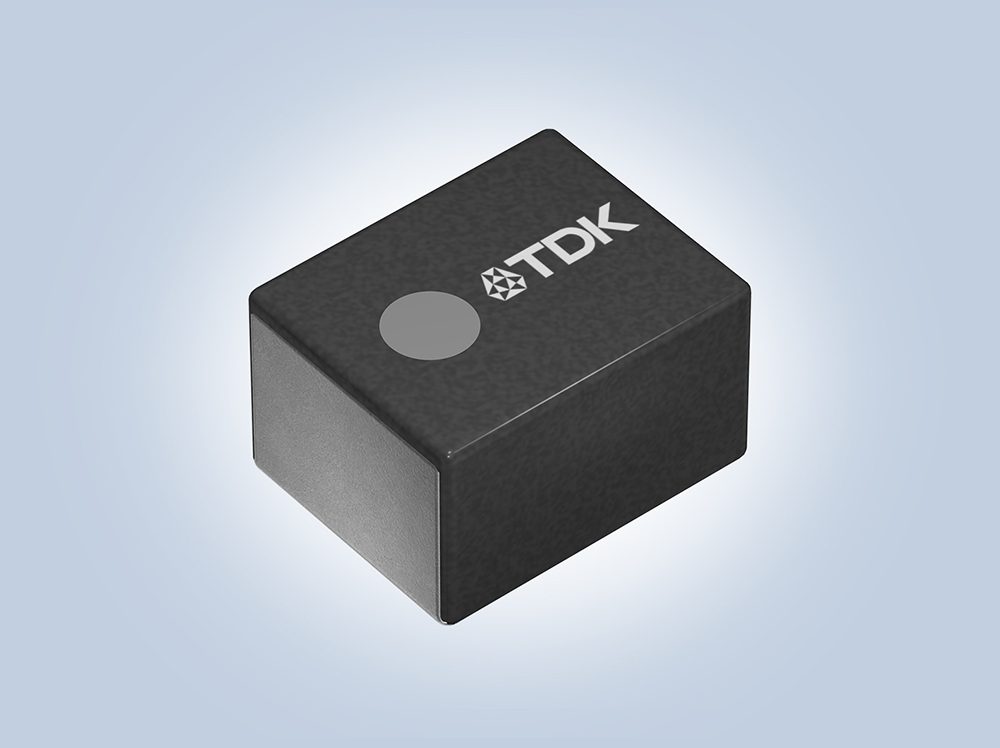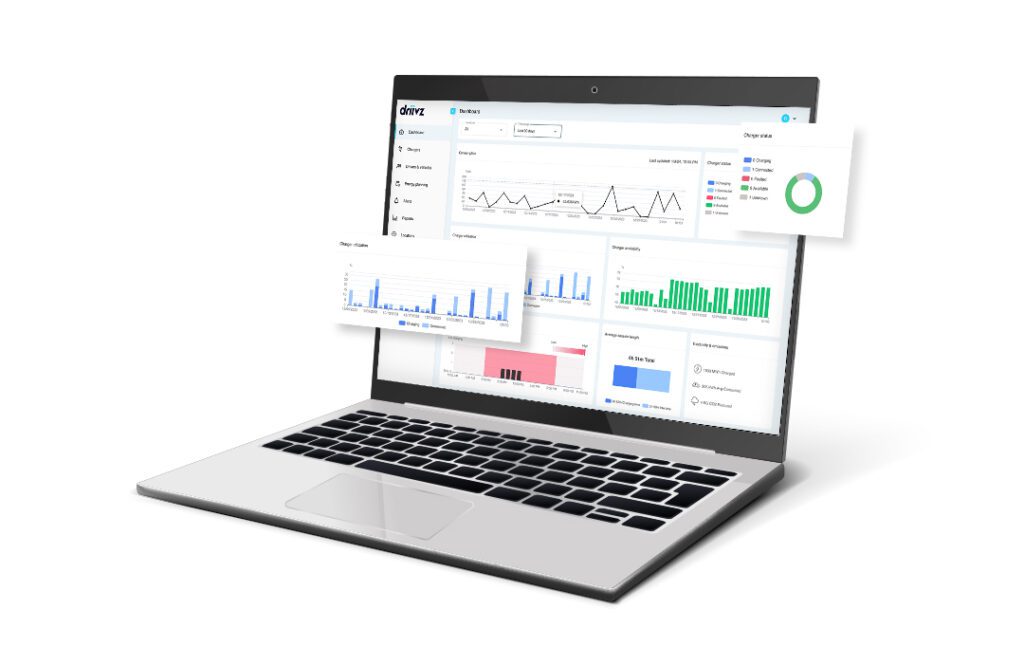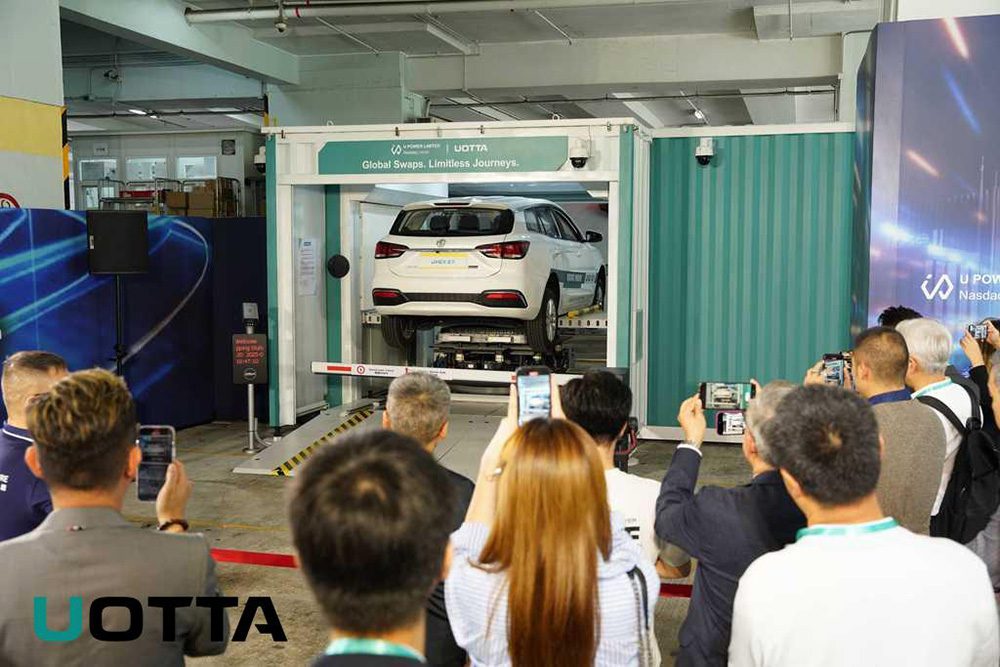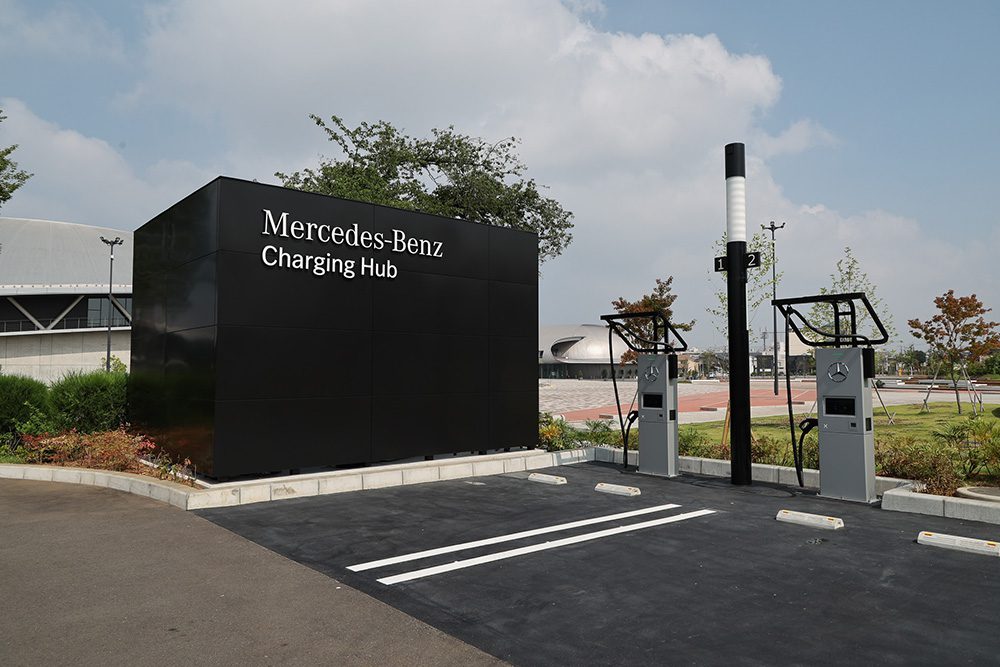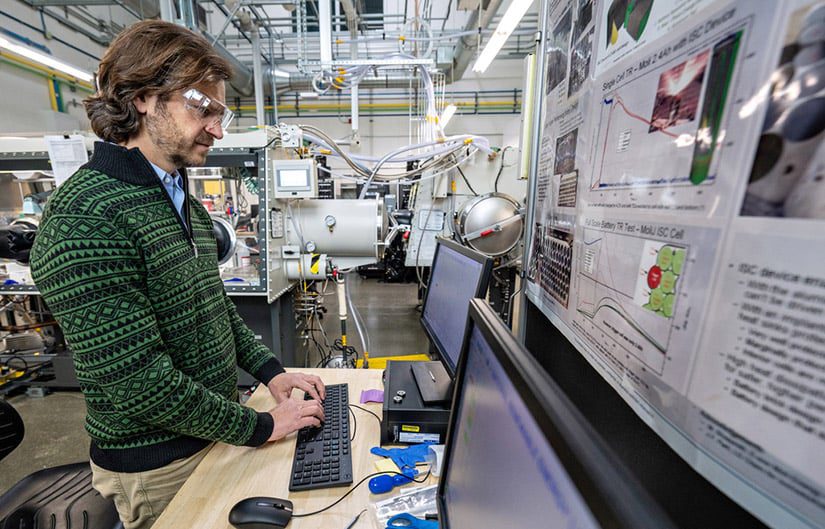In a new study, researchers from South Korea’s Institute for Basic Science (IBS) explore quantum physics as a possible mechanism to increase the charging rate of batteries.
The concept of a quantum battery was first proposed in a paper, “Extractable work from ensembles of quantum batteries,” that was published in 2012. It was theorized that quantum resources, such as entanglement, could be used to speed up the battery charging process by charging all cells within the battery simultaneously.
Recently, scientists from the Center for Theoretical Physics of Complex Systems within the IBS further investigated these questions in a paper called “Quantum charging advantage cannot be extensive without global operations,” which was published in Physical Review Letters.
Typically cells are charged independently of one another. A quantum battery could theoretically charge the cells collectively, allowing the battery to be charged much faster. Researchers quantify this increase in charging speed in terms of a ratio called the “quantum charging advantage.”
Two possible ways to achieve this quantum advantage have been proposed: global operation, in which all the cells communicate with all others simultaneously; and all-to-all coupling, in which every cell can communicate with every other, but each exchange has only two participants. The new paper found that all-to-all coupling is irrelevant in quantum batteries, and that global operation is the only ingredient in the quantum advantage. The researchers believe they have pinpointed the exact source of this advantage, and even provided an explicit way of designing quantum batteries.
According to the researchers, a quantum battery employing global operation could achieve a quadratic scaling in charging speed. “To illustrate this, consider a typical electric vehicle with a battery that contains about 200 cells,” write the researchers. “Employing this quantum charging would lead to a 200 times speedup over classical batteries, which means that at-home charging time would be cut from 10 hours to about 3 minutes. At high-speed charging stations, the charge time would be cut from 30 minutes to mere seconds.”
This statement has invited skepticism—to say the least—from engineers. In fact, charging speed is a function of the power available. Regardless of the technology used, charging a battery 200 times faster would require delivering 200 times the power, which would—to put it mildly—not be practical in a residential context. Today’s most powerful home chargers make use of every amp that a typical residential electric service can deliver, and even for commercial DC fast chargers, increasing the power level often requires upgrading the grid connection, which greatly increases the cost and complexity of the installation. Increased heat generation would be another complication.
“Of course, quantum technologies are still in their infancy and there is a long way to go before these methods can be implemented in practice,” say the researchers, with massive understatement. “Research findings such as these, however, create a promising direction and can incentivize the funding agencies and businesses to further invest in these technologies.”
Source: AlphaGalileo via Green Car Congress







